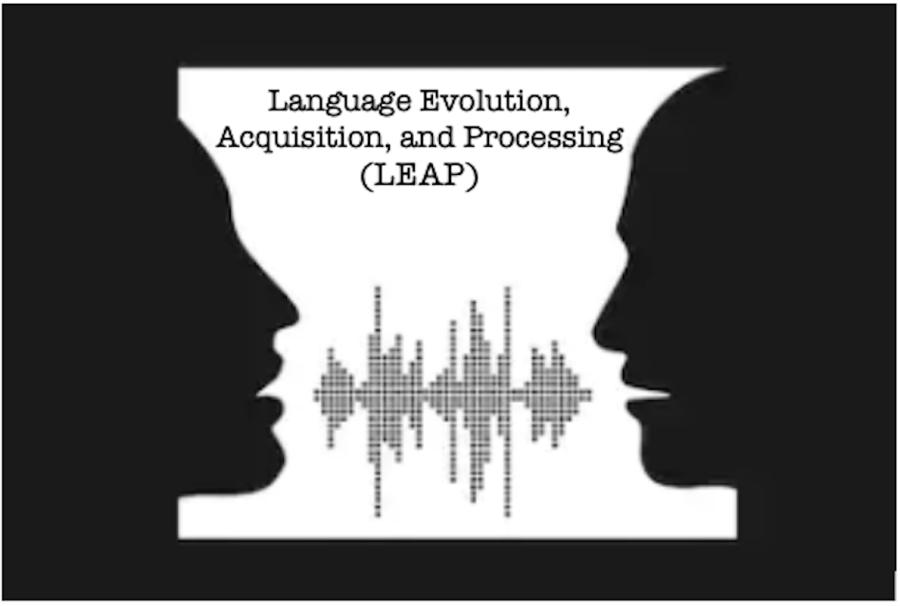Yi Ting Huang (Maryland)
Learning language, fast and slow: How to overcome sparse data and signal degradation in the first 5 years
Traditional approaches to language development focus on relationships between aggregate inputs (e.g., total words heard) and outcomes (e.g., vocabulary size) and assume that what parents say is what children learn. However, this ignores an obvious fact about acquisition: Children initially have no idea what parents are talking about. Instead, they must infer linguistic representations through iterative encounters with sentences. My research investigates how children interpret these sentences when they know a little about their language and when they have more expertise. To unravel this puzzle, we will focused on the test case of how 4- to 6-year-olds assign roles on a moment-by-moment basis for active and passive sentences (e.g., “The seal is eating/eaten by it.”). First, I’ll introduce a paradigm that makes comprehending passives either hard or easy by turning on or off an agent-first bias. Next, I’ll describe experiments that isolate why children make agent-first predictions under some contexts but not others. Finally, we’ll investigate why children face well-documented difficulties with revising mispredictions (i.e., “kindergarten-path effect”) by examining interpretative variability across communicative contexts and SES background. We will wrap up with a speculative model of relationships between chronometric and ontogenetic processes, and discuss its implications for how children recreate language from input and what a satisfying algorithmic-level description of language acquisition would look like.

